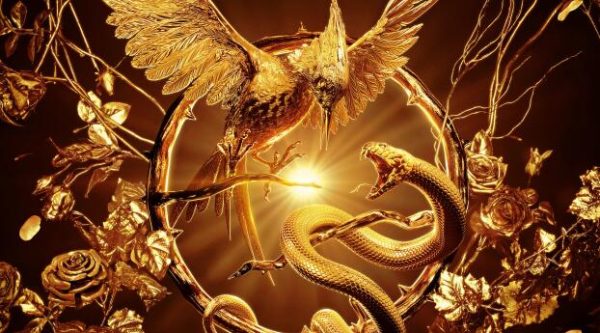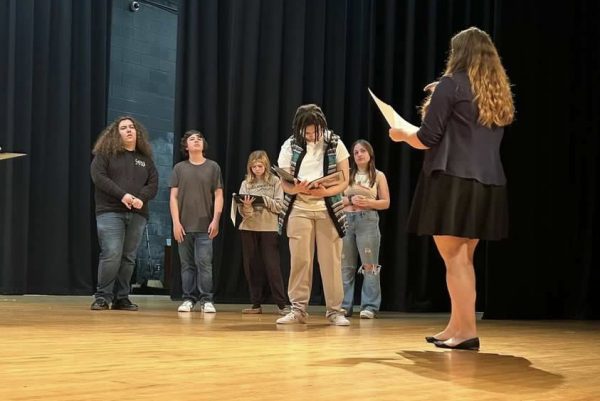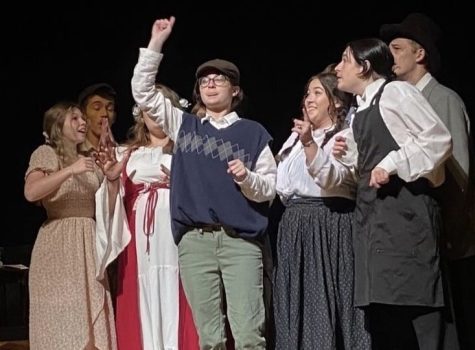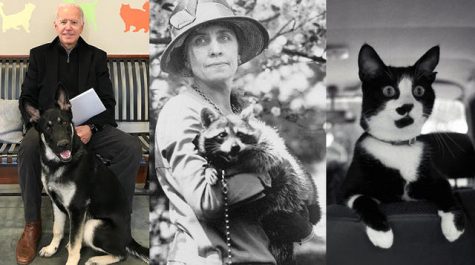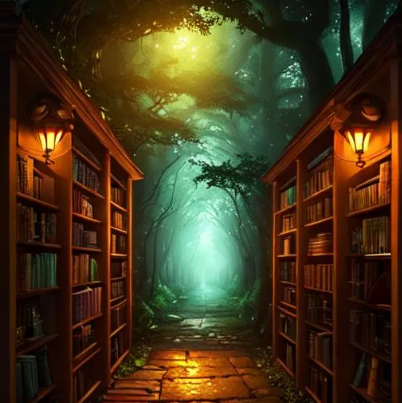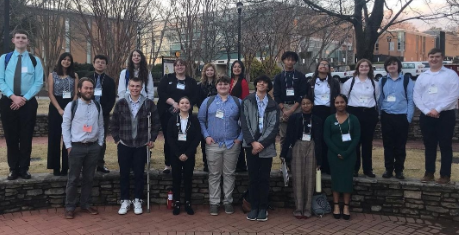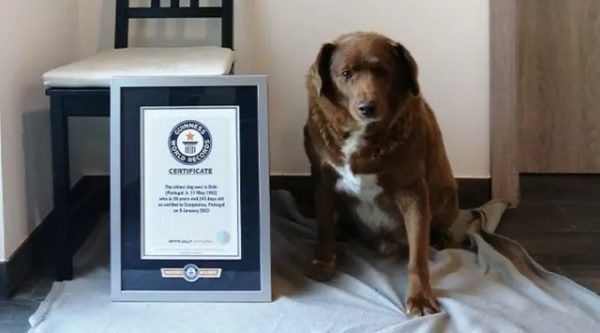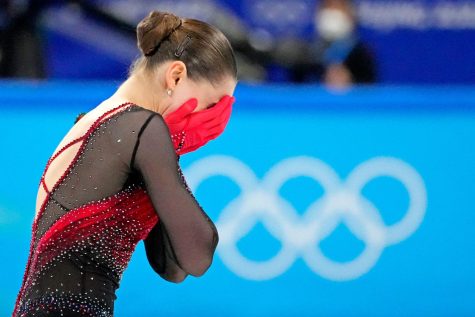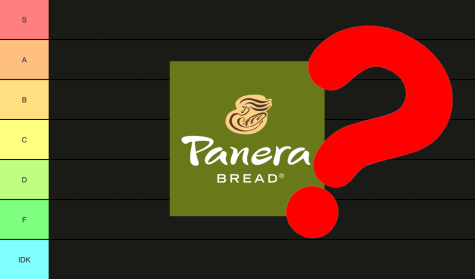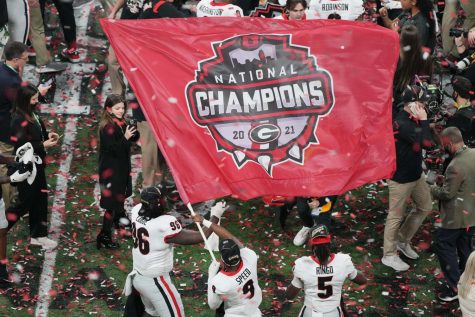Origins of Halloween
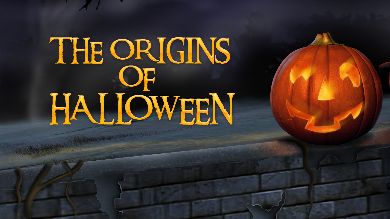
“Straddling the line between fall and winter, plenty and paucity, life and death, Halloween is a time of celebration and superstition” (history.com).
The origin of Halloween lies with the ancient Celts of continental Europe and the British Isles, more specifically – in Ireland and Scotland, but they referred to the festival as “Samhain” (pronounced Sow-in. In Old Irish, Samhain means “summer’s end.”) The Celtic people believed the veil that separated our world and the Otherworld became so thin that “spirits”, as they are portrayed in popular culture, were able to wander the earth, but not without danger. The spirits would harm all those who crossed their paths; so, to avoid a horrific death, the ancient Celts would wear masks to fool the spirits into leaving them be by having them assume they are just other aimless spirits. The Celts, however, believed the “spirits” to be fairies. These fairy folk were simply called the “aes sídhe” (the people of the mounds. Pronounced “aws-sith.”) Great care was taken in avoiding angering the people of the mound – the Celts would leave offerings of food outside their dwellings to keep them from entering, and avoided naming them, hence the phrase “people of the mound.” Much of what Halloween is today was derived from the Irish/Scottish pagan festival of Samhain.
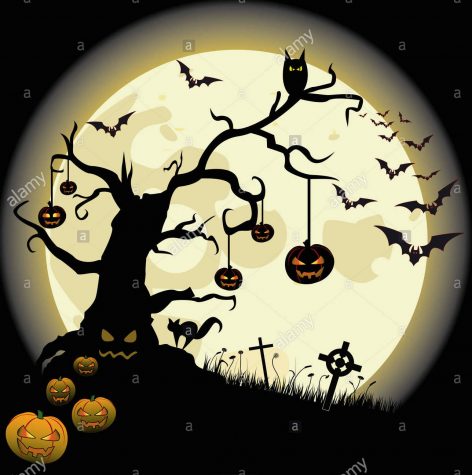
In modern times, Halloween has incorporated practices of other cultures in the United States. After millions of Irishmen fled their country due to famine in the 1840s, Halloween became much more popular in America and incorporated some practices of neighboring cultures. In Latin American countries, a similar holiday of Celtic origin is celebrated: The Day of the Dead. From the Day of the Dead, modern-day Halloween in the United States adopted the idea of the undead (skeletons, zombies, monsters), which then meshed together with the Samhain tradition of costumes. The Celtic practice of leaving food outside their dwellings evolved into giving out candy. Giving out candy might come from the British practice of ‘souling’ – during the All Souls’ Day parade, poor citizens would beg for food and families would give pastries called “soul cakes” in return for their promise to pray for the family’s dead relatives.
All in all, American Halloween is a time of fun for communities across the country. Understanding the history behind the tradition grants one a greater appreciation, to see the tradition in a newfound light, in whichever way one might perceive it to be. In today’s age, Halloween is a festival with ancient origins turned into fun-time for the kids – a time of celebration and superstition.




